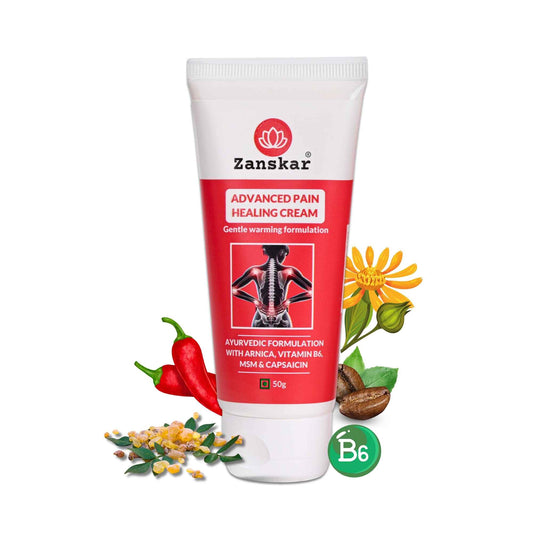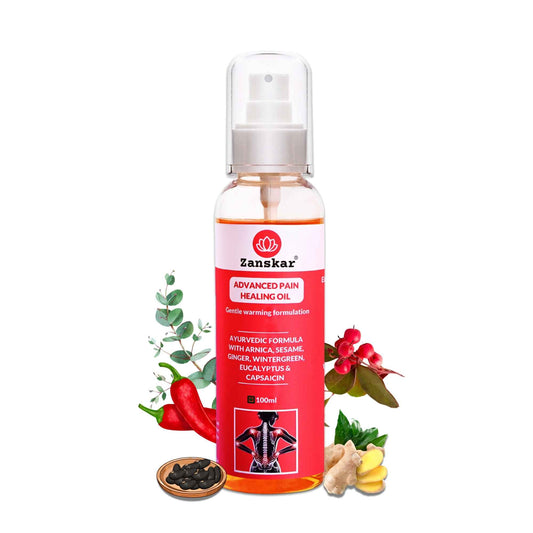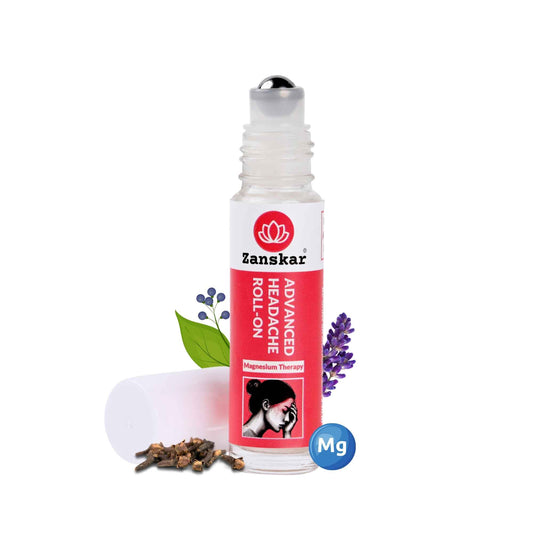
The Ultimate Joint Pain Diet

Joint pain is a prevalent condition characterized by inflammation and stiffness in the joints, affecting millions of people worldwide. There are various types of joint pain, including OA and TA, each with its own specific symptoms and causes.
While medical treatments such as medications and physical therapy play crucial roles in managing joint pain, dietary choices can also significantly impact symptoms and overall joint health. Studies suggest that eating a Mediterranean diet can reduce inflammation in people with OA and protect against weight gain, fracture risk and disability.
What is the Mediterranean Diet?
The Mediterranean diet is inspired by the traditional eating habits of countries bordering the Mediterranean Sea, such as Greece, Italy, and Spain. It is renowned for its health benefits and is characterized by:
- High Consumption of Fruits and Vegetables: Emphasizing fresh produce rich in vitamins, minerals, and antioxidants.
- Whole Grains: Including whole grains such as brown rice, whole wheat, and oats, which provide fibre and essential nutrients.
- Healthy Fats: Using olive oil as the primary source of fat, which is rich in monounsaturated fats and antioxidants.
- Lean Proteins: Favoring poultry and fish over red meat, with moderate consumption of dairy products and eggs.
The Mediterranean diet and joint pain symptoms
Omega-3 fatty acids, antioxidants, and polyphenols are at the core of foods making up the Mediterranean diet – all of these have anti-inflammatory properties.
- Anti-inflammatory Properties: Many components of the Mediterranean diet, such as fruits, vegetables, olive oil, and fatty fish (rich in omega-3 fatty acids), have anti-inflammatory effects. Chronic inflammation is a key contributor to joint pain symptoms, and reducing it can help alleviate pain and stiffness.
- Joint Health: Certain foods in the Mediterranean diet, such as fish rich in omega-3s and olive oil, may help preserve joint health and function by reducing inflammation and promoting cartilage repair.
- Rich in Nutrients: The diet provides essential nutrients like vitamins C and E, selenium, and zinc, which are important for joint health and overall immune function.
- Improved Gut Health: The high fiber content from fruits, vegetables, and whole grains supports a healthy gut microbiome, which has been linked to reduced inflammation and improved immune function.
- Weight Management: Obesity is a significant risk factor for joint pain and can exacerbate symptoms. The Mediterranean diet, with its focus on whole grains, lean proteins, and healthy fats, supports weight management and may help reduce the burden on joints.
A large study published in 2016 in the European journal of Clinical Nutrition used frailty (defined as low energy, trouble rising from a chair and muscle loss) as a stand-in for disease progression. After following 4,000 patients who had or were at high risk of OA for eight years, researchers found that participants who ate a typical American diet were twice as likely to become frail compared with those on a Mediterranean-style food plan.
Practical Tips for Adopting a Mediterranean Diet
Increase Plant Foods: Aim to fill half your plate with fruits and vegetables at each meal.
- Choose Whole Grains: Opt for whole grains like quinoa, brown rice, and whole wheat pasta instead of refined grains.
- Use Healthy Fats: Cook with olive oil, use nuts and seeds as snacks, and incorporate fatty fish like salmon or mackerel into your diet.
- Limit Red Meat: Substitute red meat with leaner protein sources like poultry, beans, and legumes.
- Moderate Wine Consumption: If you choose to drink alcohol, do so in moderation and always consult with your healthcare provider, especially if you have certain medical conditions.
Takeaway
In conclusion, while there is no cure for joint pain, adopting a Mediterranean diet can play a significant role in managing symptoms and improving overall joint health. The disease-fighting power of the Mediterranean diet stems from its ability to regulate inflammation by focusing on anti-inflammatory foods (berries, fish, olive oil) and excluding or limiting pro-inflammatory ones (red meat, sugar and most dairy).
As always, it's essential to consult with healthcare providers or registered dietitians before making significant dietary changes, especially if you have specific health conditions or concerns.
Learn More About Zanskar Health
If you have joint or muscle pain that makes it hard to move, Zanskar offers the most advanced full stack pain relief solutions for you.
Now available to purchase, Zanskar® Advanced Pain Care Products have a unique formulation of natural bioactive ingredients and provide lasting relief from muscle and joint discomfort that you can feel good about. Get your fix before stocks run out - buy now.
You can also gain access to therapeutic exercises and stretches for your condition by downloading the Zanskar Health physiotherapy mobile app. Additionally, you’ll have a personal care team to guide, support, and tailor our program to you, including behavioral and nutritional coaching.
Download our mobile app here 👉 download and track your exercise streak.
Medical Review: This article is written by Dr Nishtha Mittal (Senior Health Content Editor at Zanskar Health) and has been medically reviewed by the medical team at Zanskar Health. This article and its contents are provided for educational and informational purposes only and do not constitute medical advice or professional services specific to you or your medical condition.







